What Happened To Ana and Elsa's Lines? Frozen's Male Characters Get More To Say.
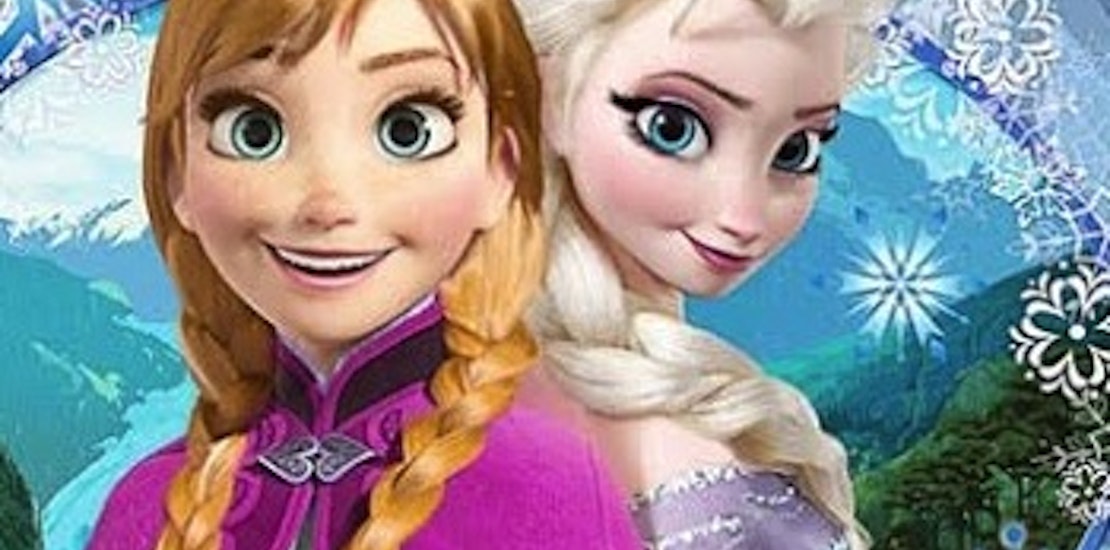
You would think a movie about the love and loyalty between two sisters would mean the women get most of the lines in the movie. Elsa and Ana fans will be surprised to hear that these main characters from Frozen were outspoken by secondary male characters in the film.
RadioTimes reports about the linguistic report presented by professors Carmen Fought and Karen Eisenhauer that analyzes the scripts of various Disney princess movies. You may be surprised to hear that a movie touted as one of Disney’s most feminist princess films, Frozen, has male characters speaking 59% of all the lines (that’s well over half the script).
Even more surprising is that when Fought and Eisenhauer analyzed older Disney princess films like Snow White, Cinderella and Sleeping Beauty they found that women either dominated the spoken words or split them equally with male characters. Snow White was 50/50 (which makes sense between her and all those dwarves in the same household), in Cinderella women got to say 60% of the lines and in Sleeping Beauty women outspoke male characters by 71%.
It wasn’t until the 80’s and 90’s that Disney princess movies stopped giving women more dialogue. The Little Mermaid, Mulan, Beauty and the Beast and Pocahontas all gave male characters between 68% and 77% of the lines.
One aspect that seems to have changed for the good in Disney princess films is that their scripts are more complimentary to the female characters intellect rather than her appearance. Older Disney movies were found to compliment female characters on her looks 55% of the time and 11% of the time spoke of her skills. But newer movies like Tangled, Brave and The Princess and the Frog have turned the conversation around and pay compliments centered around the character’s accomplishment and talents 40% of the time and 22% about their looks.
It’s unclear what kind of message these movies are sending to their audience but Fought explains how ideas about gender are learned rather than innate. She says, “We don't believe that little girls naturally play a certain way or speak a certain way. They’re not born liking a pink dress. At some point we teach them. So a big question is where girls get their ideas about being girls.”
What do you think of the new study that reveals Ana and Elsa from Frozen were outspoken by male characters in the film?
Do you think this has something to do with a gender bias?





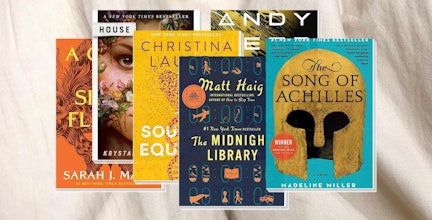
_01252024061712.jpg?max-w=432&max-h=220&fit=crop&auto=format)
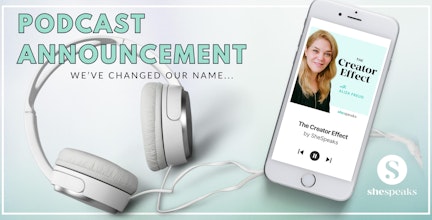
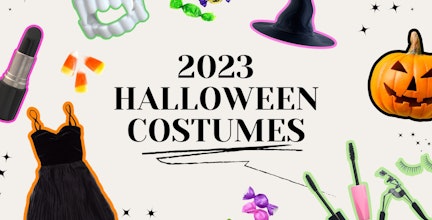
 (6)_07082023175312.jpg?max-w=432&max-h=220&fit=crop&auto=format)
 (37)_05032023114523.jpg?max-w=432&max-h=220&fit=crop&auto=format)
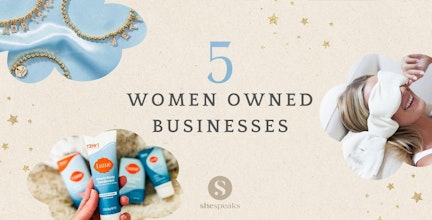



_10242023164832.jpg?max-w=432&max-h=220&fit=crop&auto=format)

_08172023152001.jpg?max-w=432&max-h=220&fit=crop&auto=format)
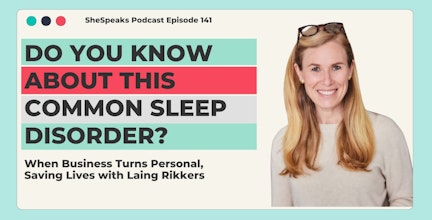
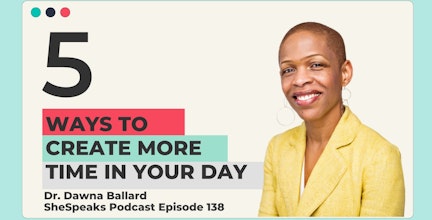
 (1)_05192023144508.jpg?max-w=432&max-h=220&fit=crop&auto=format)

 (3)_04112023125932.jpg?max-w=432&max-h=220&fit=crop&auto=format)
 (36)_04272023152113.jpg?max-w=432&max-h=220&fit=crop&auto=format)